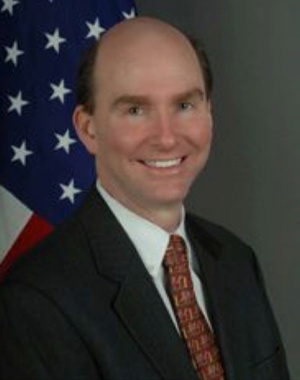The course will examine the past, present, and future of diplomatic interactions between the United States and the other nations of the Indo-Pacific region, starting with the 1951 signing of the Treaty of San Francisco that ended the state of war in the Pacific after World War II. We will evaluate 1) how current diplomatic problems in the region developed historically, 2) how governments are seeking to use diplomacy, amid constraints, to address such problems today, and 3) what conditions might make it possible for future diplomats to address effectively at least some of the unfinished business from the Treaty of San Francisco in 1951. The course will focus on matters involving Mainland Southeast Asia, Maritime Southeast Asia, and the Korean Peninsula.
First, we will analyze diplomatic efforts to integrate Mainland Southeast Asia into a broader regional order. We will assess how problems involving Burma/Myanmar, including the Rohingya issue, hinder the integration of the Association of Southeast Asian Nations (ASEAN) today and consider what might be done in the future to address such problems.
Second, we will analyze efforts to manage tensions in Maritime Southeast Asia, centering on the South China Sea. We will examine current attempts to conclude an ASEAN-China South China Sea Code of Conduct and evaluate how claims and conduct issues might be settled in the future.
Third, we will discuss efforts to bring stability to the Korean Peninsula. We will examine the challenges the United States currently faces in resuming diplomacy with the Democratic People's Republic of Korea (DPRK) and consider what it might take in the future to resolve the DPRK nuclear issue diplomatically. Assignments will include policy papers, presentations, and participation in three in-class simulation exercises focusing on future diplomacy.

